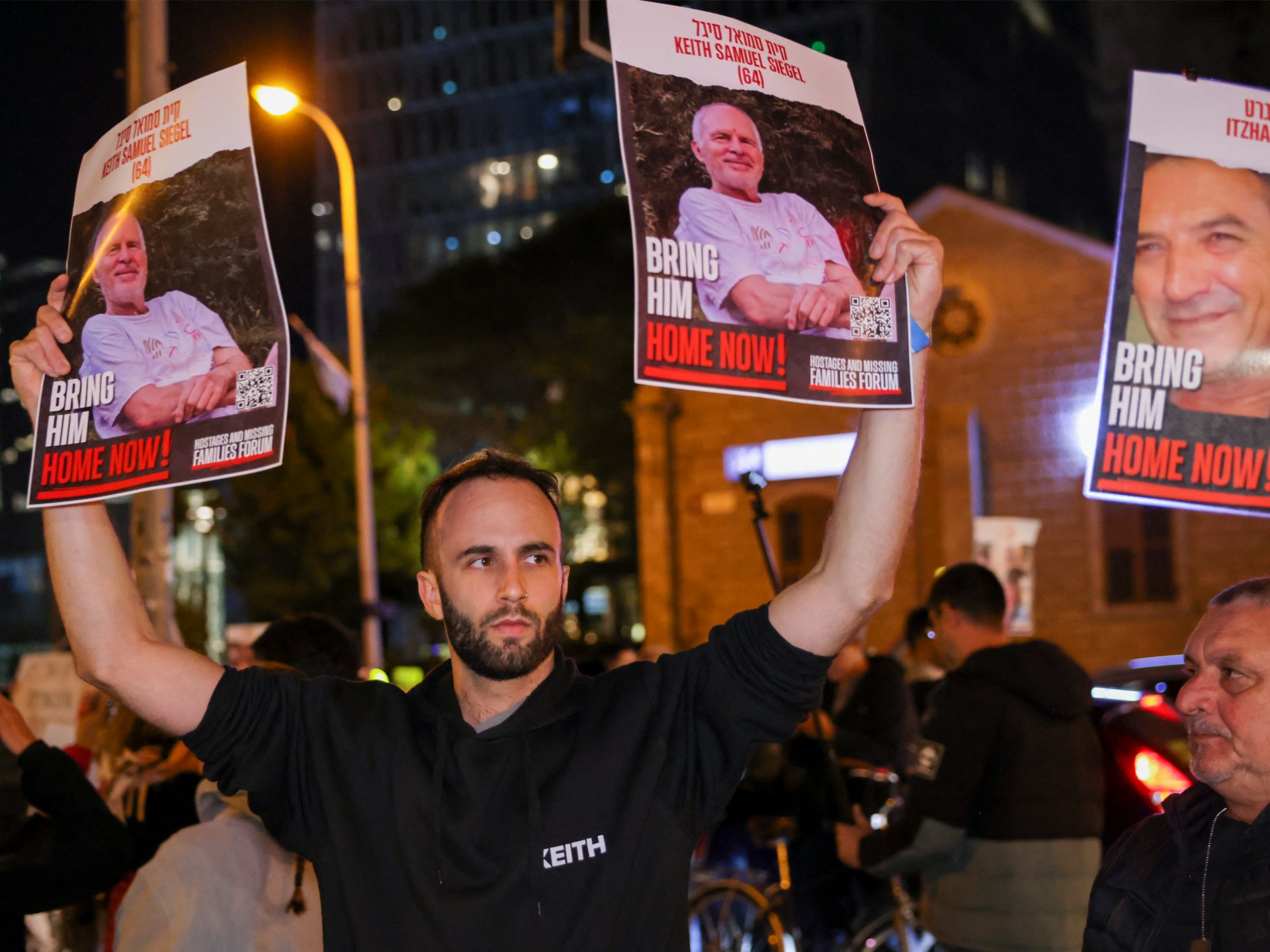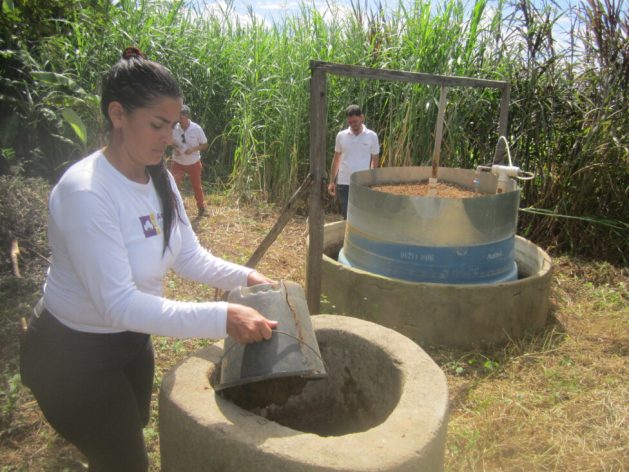Are Turkey’s elections free and fair? Here’s what to know.
While the first round went generally smoothly, analysts say, the vote is a test of whether elections still provide a viable means of political contestation in Turkey or whether they will become a facade to justify an autocratic president’s enduring grip. Erdogan has imprisoned critics and essentially controls the Turkish media.
Here’s what to know about the election process in Turkey.
How do elections in Turkey work?
The first round of the presidential and parliamentary election on May 14 was only the third time the country’s history that voters had the chance to choose their president directly. Before 2014, the president was elected by parliament.
Erdogan, 69, has led Turkey since 2003, first as prime minister and then as president, beginning in 2014. Since then, he has overhauled the country’s political system, pushing a successful referendum in 2017 to replace the parliamentary system with a strong presidency and abolish the position of prime minister.
In Turkey, the president can serve up to two five-year terms. But Erdogan is taking advantage of a loophole: His first term ended early because of the 2017 referendum, so he can run for a third term this year — and, if he wins, remain in office until 2028.
Four candidates campaigned for the presidency this year: Erdogan; Kilicdaroglu, a former civil servant who leads the secular CHP; Muharrem Ince, who ran against Erdogan in 2018; and Sinan Ogan, head of a small nationalist alliance. Ince withdrew from the race days before the first round of voting, while Ogan endorsed Erdogan last week, ahead of the runoff.
On the legislative side, a party, or alliance of parties, must receive at least 7 percent of the vote to enter parliament. Erdogan’s Justice and Development Party (AKP) dominates, holding 295 of 600 seats. The AKP won 266 seats in this election.
Some 60 million people in Turkey are eligible to vote. Among them are more than 100,000 Syrians who obtained Turkish citizenship and have reached voting age, out of the more than 3.6 million who sought refuge in Turkey after the Syrian civil war broke out in 2011.
Voting is compulsory in Turkey — though the fine for not voting is unenforced — and turnout surpasses that of most countries, reaching 86 percent in 2018.
“Turkey has a very long track record of holding competitive elections,” said Merve Tahiroglu, Turkey program director at the Project on Middle East Democracy. “So for people from all walks of life, it’s a bare minimum that the country should have a free enough election where people feel, ‘We’ve picked our leader.’”
Is the voting process secure?
While allegations of fraud have marred previous votes, elections are still free in that opposition candidates are permitted to run — and despite the erosion of democracy under Erdogan, Turkish civil society has maintained a rich tradition of election monitoring, Tahiroglu said.
“I do think it still could be a free election,” she said before the first round of voting. “And by that I mean that on the day of May 14 when people vote, that those votes will, by and large, count, and the results will be, by and large, correct.”
That’s because groups including Turkey’s oldest election monitoring organization, Vote and Beyond, sends out tens of thousands of volunteers to polling stations across the country to monitor the vote, including the official count.
“Because the stakes are so high, they’re mobilizing at a level I’ve never seen before,” Tahiroglu said.
The Organization for Security and Cooperation in Europe, which sent observers to monitor the election, said in its preliminary report of the May 14 vote that “the election administration technically managed elections efficiently, but there was a lack of transparency and communication, as well as concerns over its independence.”
Ahead of the May 14 vote, there were concerns about the logistics of voting in areas devastated by the February earthquakes. The OSCE found that “measures designed to facilitate registration and voting for earthquake-affected citizens were limited, placing an additional burden on the voters to exercise their voting rights.”
Participation in much of the disaster zone — where Erdogan won 8 out of 11 provinces — was lower than the overall turnout of 89 percent.
Will the election be fair?
Even if the voting process itself is secure, which would mean a free election in a narrow sense, the vote is unlikely to be fair, analysts have said.
“Voters had a choice between genuine political alternatives, and voter participation was high, but the incumbent president and the ruling parties enjoyed an unjustified advantage, including through biased media coverage,” the OSCE report said of the May 14 vote. “The continued restrictions on fundamental freedoms of assembly, association and expression hindered the participation of some opposition politicians and parties, civil society and independent media in the election process.”
Freedom House gives Turkey a score of 2 out of 4 for the fairness of its elections, citing criticism of the 2018 general elections by the OSCE, which accused the AKP of misusing state resources to gain electoral advantage and Erdogan of falsely portraying political opponents as supporters of terrorism.
“The judges of the Supreme Electoral Council (YSK), who oversee all voting procedures, are appointed by AKP-dominated judicial bodies and often defer to the AKP,” the Freedom House report finds.
Ahead of the election, Erdogan turned to his tried-and-true tactic of stoking culture wars. And he deployed massive public spending this year — offering tax relief, cheap loans and energy subsidies — to woo voters.
Erdogan’s tight control over the media has tipped the public narrative in his favor, and most polls predict a victory for him. Under his rule, the judiciary has jailed or brought charges against critics — including Istanbul’s popular mayor, Ekrem Imamoglu, who is from Kilicdaroglu’s party. Imamoglu was convicted in December of insulting state institutions in a case widely seen as politically motivated, and his conviction barred him from running in the election. He has appealed the verdict.
“Given how much control Erdogan has over the judiciary, the bureaucracy, the media and other state institutions, it’s impossible for this to be a fair playing field,” Tahiroglu said.
That doesn’t mean the opposition can’t ultimately win. Major opposition parties of disparate ideological backgrounds have rallied behind Kilicdaroglu, who has sought to circumvent media bias by publishing videos filmed in his modest kitchen to social media.
Municipal elections in 2019 served as a stress test of the electoral system. Erdogan’s party lost nearly all of the country’s major cities — including Istanbul, the launchpad for Erdogan’s political career. When Erdogan rejected the Istanbul results and forced a revote, his party lost by an even larger margin.
“What does this tell us about elections in Turkey? That they are popular and fraud is not, making heavy-handed election fraud risky for Erdogan,” Gonul Tol, director of the Middle East Institute’s Turkey program, and Ali Yaycioglu, a history professor at Stanford, wrote in Foreign Policy.
Check out our Latest News and Follow us at Facebook
Original Source






